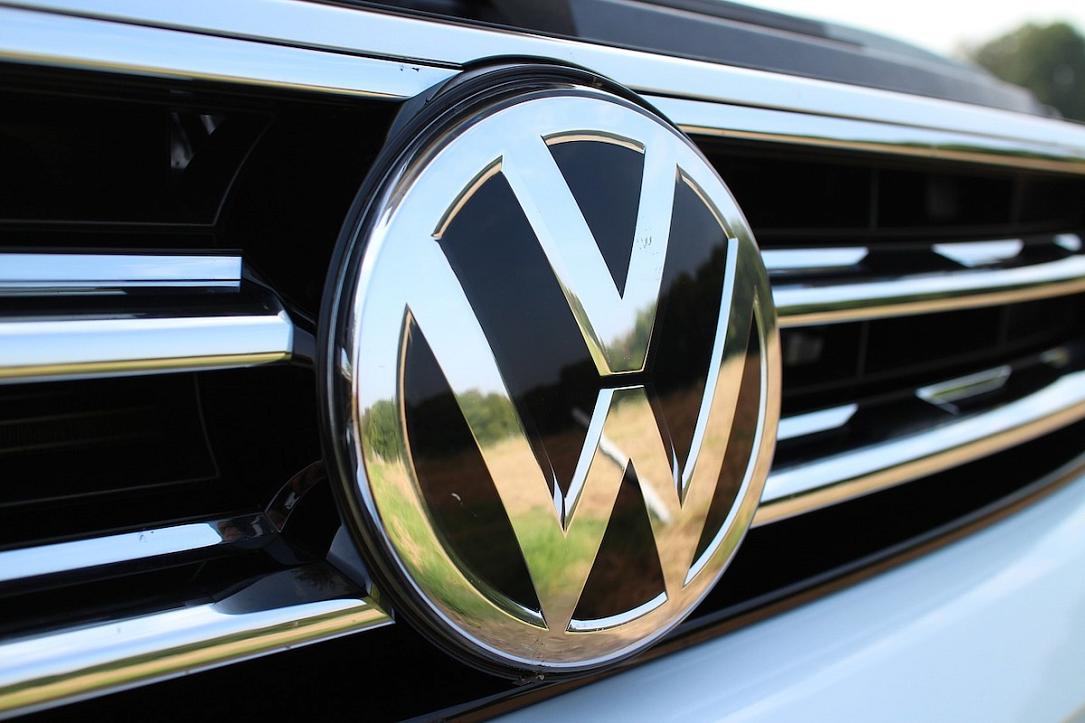Romania, back in the race for Volkswagen plant as group pauses investment in Turkey

Romania could be back in the race to host the new plant German group Volkswagen wants to build in Eastern Europe given that Turkey, the first option of the German auto group, risks economic sanctions for its military intervention against the Kurds in Syria.
But the country must move fast to capture the window of opportunity: Romania must approach directly the German company and provide allowances in line with the European Union’s regulations, pointed out the head of the Romanian car producers’ association (ACAROM) Gabriel Sicoe.
“We will do our best [to convince Volkswagen],” said outgoing prime minister Viorica Dancila for Ziarul Financiar daily.
Volkswagen Group has postponed the final decision to build a car plant in Turkey, according to Automotive News Europe amid Turkish military operations in Syria. German Chancellor Angela Merkel said on Sunday that she informed Turkish President Tayyip Erdogan that the military offensive must be stopped.
In the future plant, Volkswagen will produce the next generation of VW Passat and the future Skoda Superb, in annual volumes of about 300,000 units. Its production start was scheduled for 2022.
The German carmaker picked Turkey for the factory because of "positive macroeconomic conditions" including an 80 million-strong population that rivals Germany's in size and its location amid growth markets, according to a document seen by Automotive News Europe.
The group also considered sites in Bulgaria, Serbia, Romania and northern Africa for the plant's location.
Romania currently has two car factories both located in the southern part of the country: Dacia (Renault) in Pitesti and Ford in Craiova. Both have been developed on the sites of former car factories built during the communist regime. Romania hasn’t been able to attract any greenfield investment in this segment, despite the development of the local automotive industry overall.
Thus, in the absence of a third manufacturer, Romania’s car production will not exceed 700,000 units.
Romania was the eighth-biggest car producer in the European Union in 2018, with close to 472,000 units, far behind Czech Republic (1.4 mln units) and Slovakia (1.03 mln units), but ahead of Hungary (461,000 units) and Poland (365,000 units). However, Hungary may surpass Romania in the future, after attracting a new BMW factory. Moreover, Hungary produces more expensive cars, such as Audi, Mercedes, and Suzuki, with higher added value.
editor@romania-insider.com
(Photo source: Pixabay.com)
















